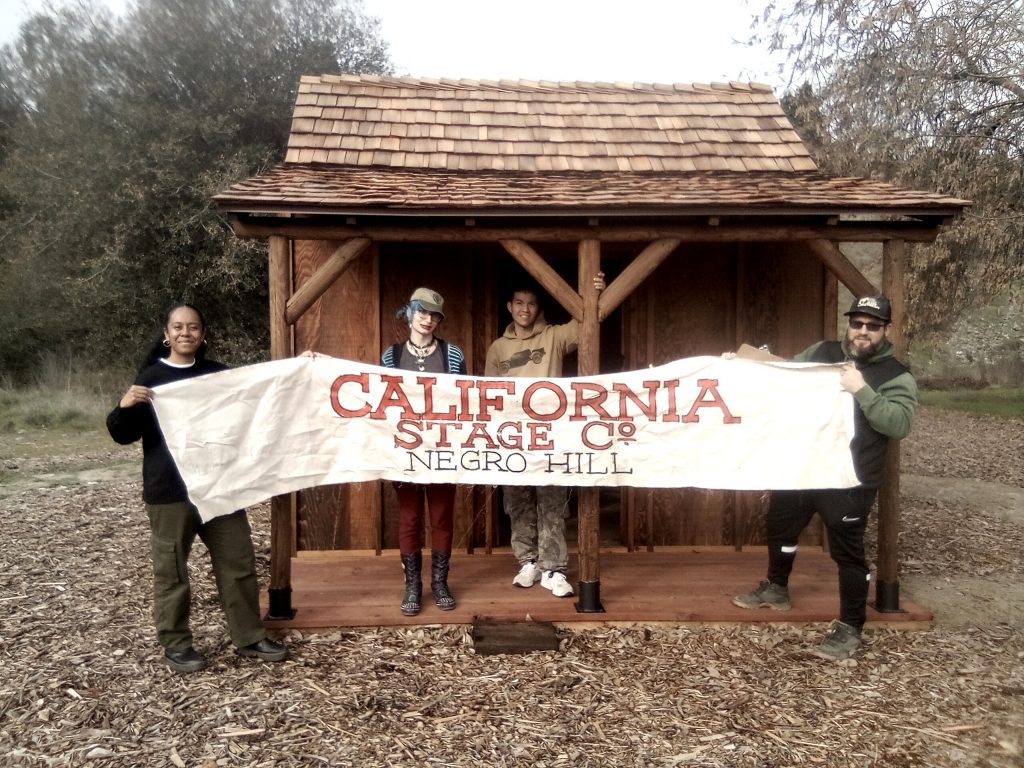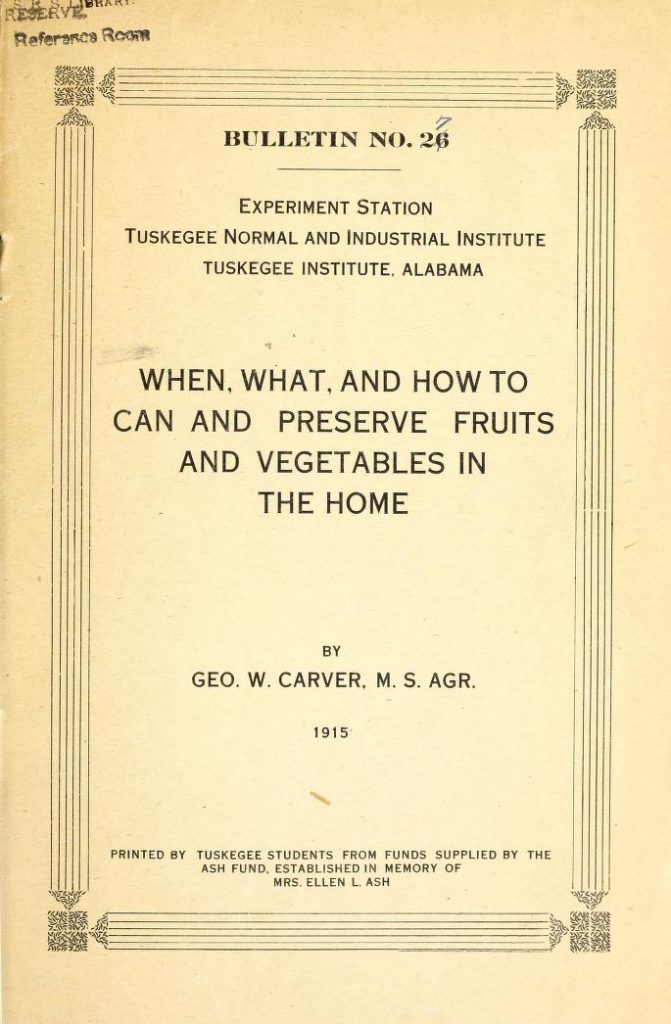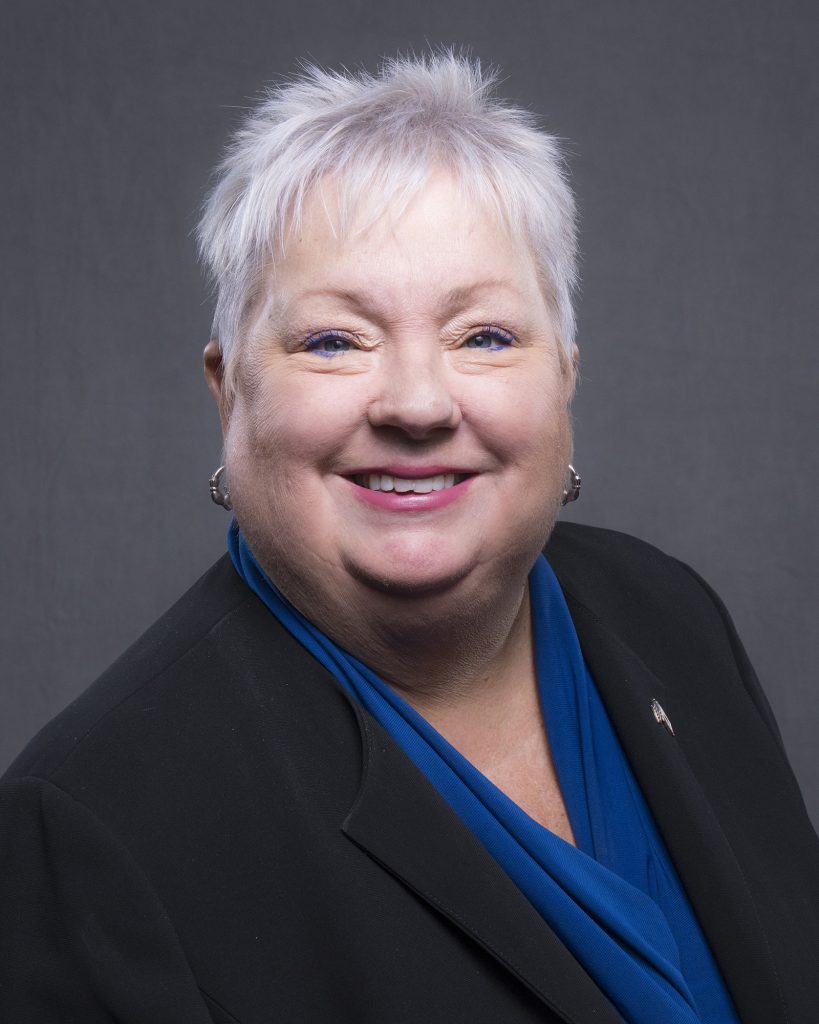By H.E. Khubaka, Michael Harris, Minister of Agriculture, BARN Bulletin #1
On December 31, 1862, enslaved and free, human beings of Pan African, Indigenous and allied others all across the country stayed up until midnight praying and awaiting the passage of the Emancipation Proclamation, which President Abraham Lincoln was preparing to sign, Noon, January 1, 1863.
Lincoln first announced his plan or the Emancipation Proclamation on September 22, 1862, when he issued a preliminary version of his wartime decision after the very bloody US Civil War Battle at Antietam.
 Enslaved prisoners of war, in Confederate states that seceded from the Union understood that the future of slavery hinged upon whether Lincoln would follow through with his promise to issue the Emancipation Proclamation on January 1, 1863.
Enslaved prisoners of war, in Confederate states that seceded from the Union understood that the future of slavery hinged upon whether Lincoln would follow through with his promise to issue the Emancipation Proclamation on January 1, 1863.
Since the start of the war, well before the passage of the Emancipation Proclamation in 1863, enslaved people had been taking matters into their own hands.
“Freedom Seekers” called “contraband” escaped to US lines by the thousands and resisted enslavement in other ways such as demanding wages. Policy makers in the United States, especially Republicans who supported the ultimate abolition of slavery, took notice; they recognized that cracks in the institution of slavery weakened the Confederate war effort.
However, getting to the point where the Northern public and US military would accept emancipation as a war aim would take time as the military and political landscape evolved; hundreds of thousands dead Confederate and Union soldiers paid the price.
The presence of large numbers of enslaved people (contraband) in Union military camps surrounding Washington D.C. pressured the US Government to take decisive action against the institution of slavery, Arlington Cemetery is the lasting symbol, quiet as ot os kept.
This pressure led to legislative decisions like the First and Second Confiscation Acts, policies that slowly began acknowledging the freedom these Pan African formerly enslaved refugees sought, on the way to becoming second class American citizens.
Presidential Executive Order known as the Emancipation Proclamation built on top of these existing policies,
While the Emancipation Proclamation did not free enslaved people in the slave states loyal to the United States, it did offer clear language of freedom for enslaved people living in areas controlled by the rebellious Confederate States of America, an important step toward the permanent abolition of slavery in America.
The Emancipation Proclamation also allowed for the enlistment of United States Colored Troops to join with United States military officers on the bloody US Civil War battlefields.
Most Americans understood the implications of this policy: freedom would follow the arrival of the US military into any Confederate territory gained beyond January 1, 1863, and formerly enslaved men could officially participate in this liberation.
However, the Fall of 1862 had not treated the Union war effort well. Bloody repulses came not only at Fredericksburg but also at Chickasaw Bayou, Mississippi. A Confederate raid destroyed equipment U.S. General Grant had been storing for an attack on Vicksburg, Mississippi. 
Politicians, business interests and lobbyists encouraged President Lincoln to back away from his preliminary Emancipation Proclamation; they believed it was not the right time, in the face of so many defeats, to go ahead with the document.
President Lincoln refused to wait “The promise must now be kept, and I shall never recall one word,” Lincoln told a visitor to the White House, on what we remember fondly as Freedom’s Eve and Emancipation Day.
Soon come the authentic story of “From Slavery to Freedom, Our California Juneteenth Journey” still an “optional holiday” in the Great State of California by design.
Cajon Pass, today’s San Bernardino County holds the secrets of Chattel Slavery in Southern California and Modern Juneteenth Movement along Ole Route 66, an ole Native Trail poised to come alive for the world to see.
Edited from the National Parks Service
 Westside Story Newspaper – Online The News of The Empire – Sharing the Quest for Excellence
Westside Story Newspaper – Online The News of The Empire – Sharing the Quest for Excellence


